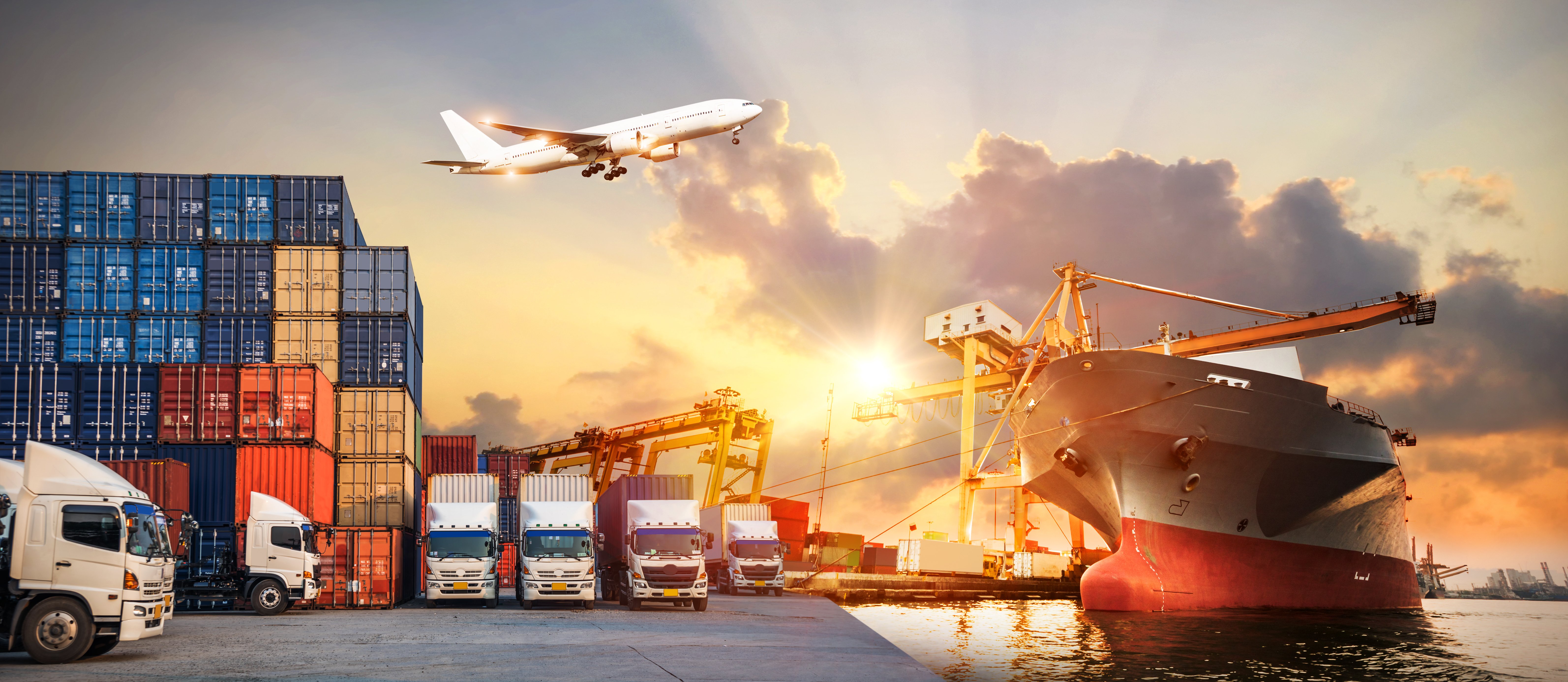
One of the major aspects that affect the efficacy of cargo trips is the mode of transport. What type of cargo you choose to transport - air freight, sea freight or road freight, depends on the nature of the cargo, its destination, and the need for shipment. Sea freight has become the most frequently used method to transport huge quantities of merchandise, since it's economical for travel over long distances and can manage a variety of products. However, it comes with higher transit times in comparison to air cargo, which is generally preferred for higher-value or time-sensitive goods like medical equipment, electronics, as well as perishables. Road freight, typically used to transport regional goods, provides versatility and may complement transport by air and maritime, connecting the gaps between warehouses, ports, and final destinations.
Technology has revolutionized the cargo transportation industry, streamlining its operations and increasing transparency. Technologies like GPS tracking and automated inventory systems and blockchain technology have transformed the ways cargo is controlled and monitored. This technology allows the use of real-time information, which allows businesses to follow shipments, and even anticipate delays. Additionally, artificial intelligence and data analytics are used to improve routes, anticipate demands, and boost efficiency of decision-making. Technology integration can not only boost efficiency but also increases confidence and cooperation between logistics companies and their clients. In a field where accuracy and dependability are essential technological advancement is an important factor which drives constant improvement.
Sustainability has emerged as a central aspect of the Cargo Expedition sector and is a result of the rising awareness of the environmental impacts. More companies are adopting more sustainable practices, such as making use of low emission ships, electric trucks, and fuel-efficient planes. Innovative packaging methods that are sustainable and the efficient use of shipping routes is also contributing to reduced carbon emissions and the waste generated. Organizations and governments around the world promote these methods through regulations and incentives, pushing this industry toward a more environmentally conscious in the near future. Sustainability integration does not only match international environmental standards but also resonates with consumers and enterprises that have a focus on sustainability in their operations. To generate added details kindly look at https://muat.com/pengiriman-cargo-jakarta/

The efficiency of cargo trips depends on the knowledge and coordination of logistics experts who navigate the complexities in international commerce. These specialists manage complex supply chains, deal with customs clearance, and guarantee conformity with constantly changing regulations. They coordinate across different time zones, languages and regions to offer efficient services to their customers. Training and development are integral to maintaining high standards in this field. Professionals are continually enhancing their abilities to keep pace with advancements in technology and world trade patterns. They are essential in eliminating risks, solving challenges in facilitating the flow of goods across borders.
Cargo trips are at the heart of international trade, which allows trade of goods, and stimulating economic growth across the globe. Utilizing advanced transportation technology, innovative technology, and a focus on sustainability, the sector continues to grow to meet the requirements of an ever-connected globalized. The dedication and expertise of experts in logistics enhance the quality and effectiveness of their operations, guaranteeing that businesses can thrive in competitive markets. While global trade continues to expand, cargo expeditions will remain an essential component of the supply chain. They will be instrumental in advancing business and creating collaboration at a new level. The impact of cargo expeditions extends far beyond the logistics aspect, influencing economies and connecting communities across the world.